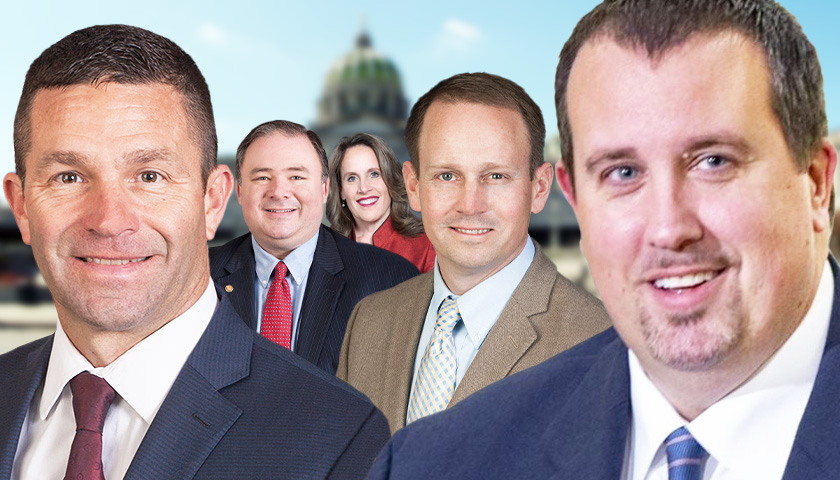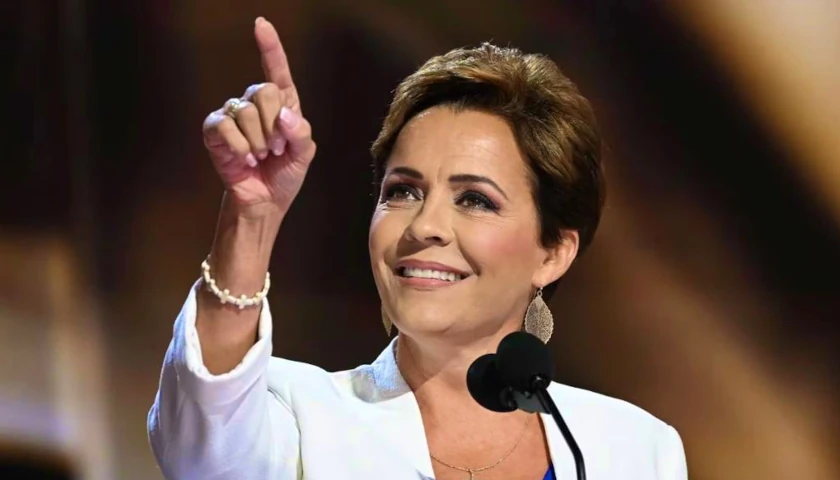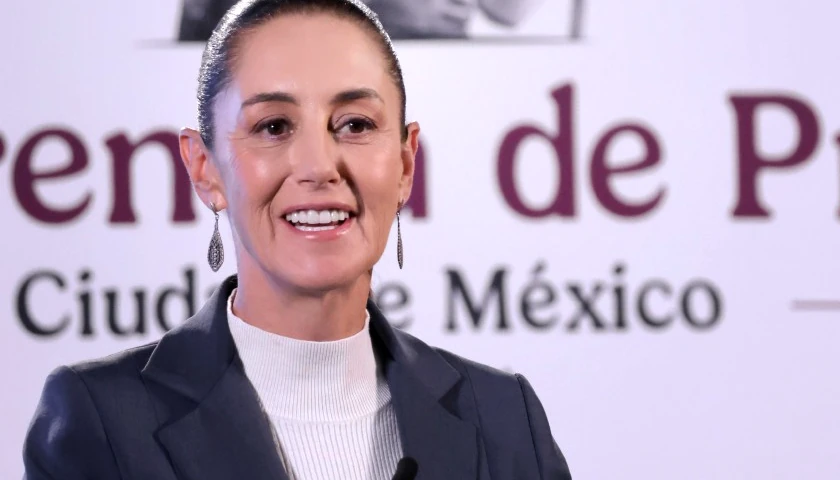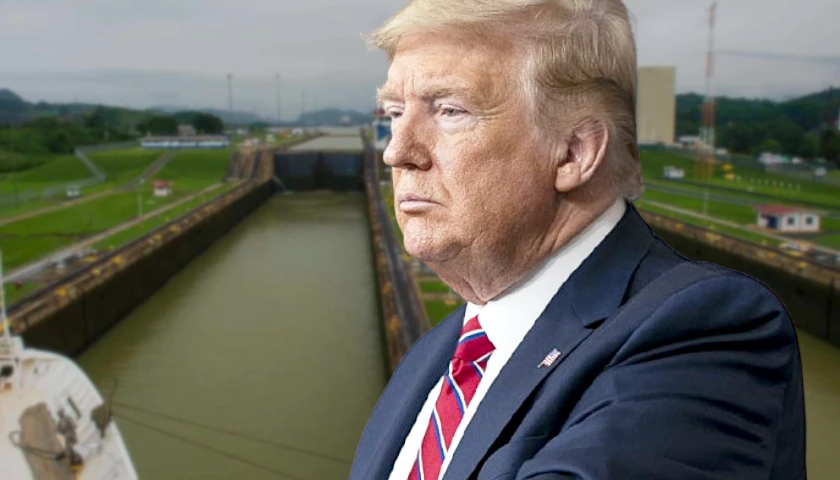Several Republicans in Pennsylvania’s House of Representatives are spearheading a package of proposed budgetary reforms to strengthen transparency and prevent fiscal imbalance.
House Minority Appropriations Chair Seth Grove (R-York) announced the series of bills with Representatives James Struzzi (R-Indiana), Eric Nelson (R-Greensburg), Sheryl Delozier (R-Mechanicsburg) and John Lawrence (R-West Grove). The lawmakers suggested their proposals are needed to avert the budgetary problems that arose in Fiscal Year 2016-17. In that period, revenues to the state Treasury totaled $1.5 billion less than the forecast amount.
“Statutory provisions that govern the Commonwealth’s budget process and guide the executive branch’s budget management processes need repaired,” the representatives wrote in a memorandum describing their bills. “We are asking you to join us as co-sponsors of a legislative package that represents the most substantial budget reforms in decades.”
The first reform they mentioned would close a loophole in state law that allows an unbalanced commonwealth budget to go into effect. Should the spending in a General Appropriations Act overshoot the revenue totals the Treasury anticipates, the governor is obligated to line-item veto some budget items to even out state expenditures and income.
But in 2016, Governor Tom Wolf (D) would not assent to the budget crafted by the Republican-led legislature. Wolf’s solution was simply to decline to either approve or veto the appropriations act, letting the bill become law without his signature. This move freed him from the requirement to make line-item vetoes.
The Republican bill would direct the governor to certify the official revenue estimate at the time the budget is enacted.
The second reform measure is designed to prevent budget imbalances from arising in the middle of a fiscal year. It would instruct the budget secretary to publish the amount of a revenue shortfall in December of a fiscal year and revise that figure on a monthly basis.
A third proposal addresses the lack of clarity surrounding special state funds. In recent months, Grove has complained about the fact that both Republican and Democratic administrations have moved much of the state budget into such off-budget funds over the years. This practice means that while actual commonwealth spending exceeds $110 billion annually, the official budget covers only about $45 billion of that amount.
Governor Josh Shapiro (D) this year proposed creating yet another extra-budgetary account for the Pennsylvania State Police, increasing even further the number of taxpayer dollars over which legislators cannot exercise direct oversight. In response, Republicans want gubernatorial staff to complete quarterly reports on the total dollars committed to and outlaid by these special funds.
Forth among the reforms is a requirement that the governor issue annual reports on federal and state mandates effecting commonwealth appropriations. Finally, the House Republicans want to revive a bill they proposed in 2019 to limit the budget secretary’s ability to waive lapsing provisions of state appropriations. The secretary’s current power to do so lets the executive branch unilaterally decide aspects of Pennsylvania budget policy.
Grove and his GOP colleagues are in the minority in the state House and, depending on the results of the upcoming special election to replace alleged sexual harasser Mike Zabel (D-Drexel Hill), could remain so for the next year and a half. No Democrats have signed on to back their legislation yet, suggesting its path to enactment could be difficult.
– – –
Bradley Vasoli is managing editor of The Pennsylvania Daily Star. Follow Brad on Twitter at @BVasoli. Email tips to [email protected].
Photo “Seth Grove” by Representative Seth Grove. Photo “James Struzzi” by James Struzzi. Photo “Eric Nelson” by Eric Nelson. Photo “John Lawrence” by John Lawrence. Photo “Sheryl Delozier” by PA State Rep. Sheryl Delozier. Background Photo “Pennsylvania Capitol” by Niagara. CC BY-SA 3.0.








